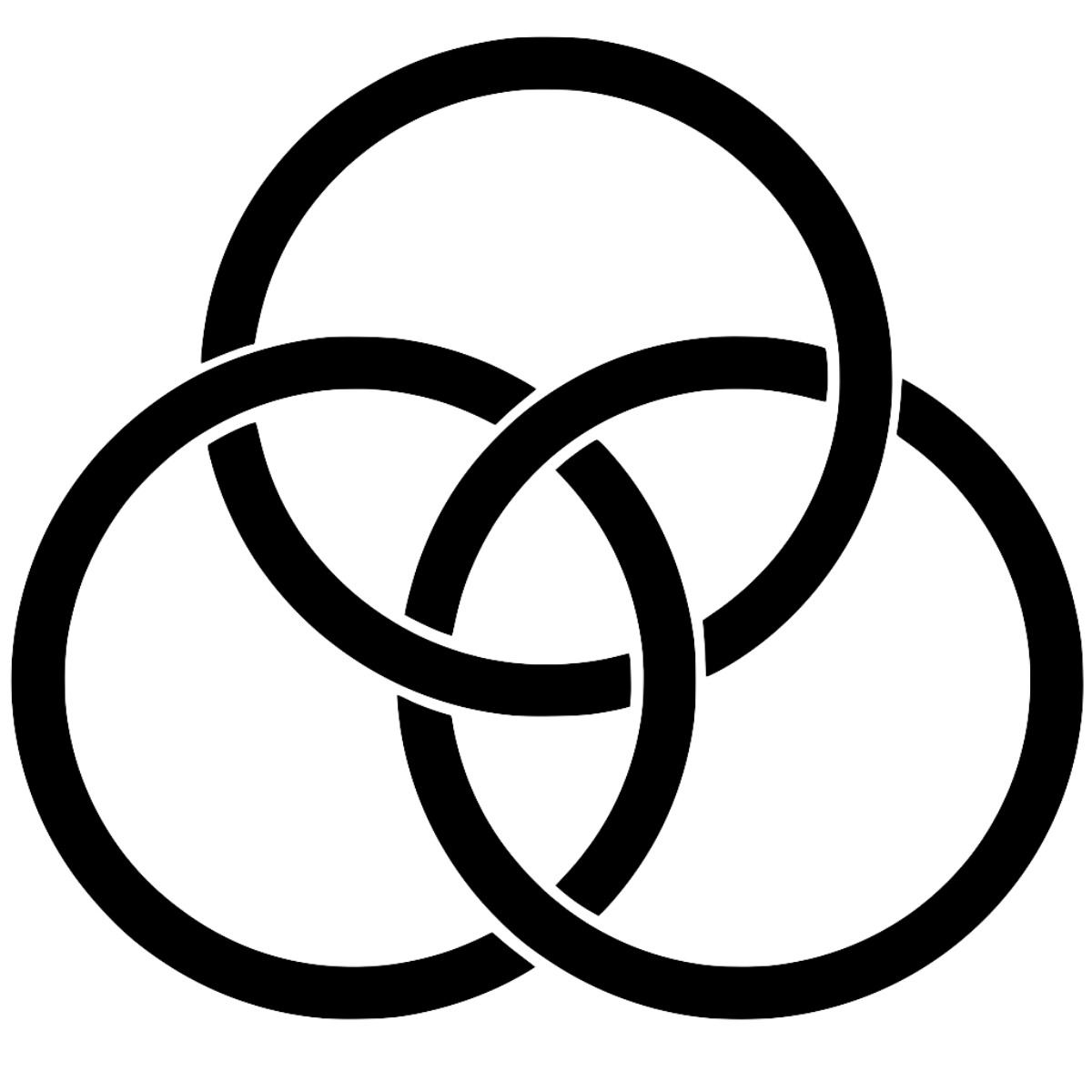Father

Jacques Lacan
History
From very early on in his work, Lacan lays great importance on the role of the father in psychic structure. In his 1938 article on the family, he attributes the importance of the Oedipus complex to the fact that it combines in the figure of the father two almost conflicting functions: the protective function and the prohibitive function. He also points to the contemporary social decline in the paternal imago as the cause of current psychopathological peculiarities.[1] The father continues to be a constant theme of Lacan's work thereafter.
Father as Third Term
Lacan's emphasis on the importance of the father can be seen as a reaction against the tendency of Kleinian psychoanalysis and object-relations theory to place the mother-child relation at the heart of psychoanalytic theory.In opposition to this tendency, Lacan continually stresses the role of the father as a third term who, by mediating the imaginary dual relation between the mother and the child, saves the child from psychosis and makes possible an entry into social existence. The father is thus more than a mere rival with whom the subject competes for for the mother's love; he is the representative of the social order as such, and only by identifying with the father in the Oedipus complex can the subject gain entry into this order. The absence of the father is therefore an important factor in the aetiology of all psychopathological structures.
Symbolic, Imaginary and Real
However, the father is not a simple concept but a complex one, one which begs the question of what exactly is meant by the term "father." It is in order to answer this question that, from 1953 on, Lacan stresses the importance of distinguishing between the symbolic father, the imaginary father and the real father.
The Symbolic Father
The symbolic father is not a real being but a position, a function, and hence is synonymous with the term "paternal function." This function is none other than that of imposing the law and regulating desire in the Oedipus complex, of intervening in the imaginary dual relationship between mother and child to introduce a necessary "symbolic distance" between them.[2]
"The true function of the Father... is fundamentally to unite (and not to set in opposition) a desire and the Law."[3]
The symbolic father is the fundamental element in the structure of the symbolic order; what distinguishes the symbolic order of culture from the imaginary order of nature is the inscription of a line of male descendence. The symbolic father is also referred to as the Name-of-the-Father. By structuring descendence into a series of generations, patrilineality introduces an order "whose structure is different from the natural order."[4] The symbolic father is also the dead father, the father of the primal horde who has been murdered by his own sons. It is the absence of the symbolic father which characterizes the essence of the psychotic structure.
The Imaginary Father
The imaginary father is an imago, the composite of all the imaginary constructs that the subject builds up in fantasy around the figure of the father. This imaginary construction often bears little relationship to the father as he is in reality.[5] The imaginary father can be construed as an ideal father,[6][7] or the opposite, as "the father who has fucked the kid up."[8] Psychosis and perversion both involve, in different ways, a reduction of the symbolic father to the imaginary father.
The Real Father
Agent of Castration
While Lacan is quite clear in defining what he means by the imaginary father and the symbolic father, his remarks on the real father are quite obscure.[9] Lacan's only unequivocal formulation is that the real father is the agent of castration, the one who performs the operation of symbolic castration.[10][11]
Intervention in the Oedipus Complex
The real father plays a crucial role in the Oedipus complex; it is he who intervenes in the third 'time' of the Oedipus complex as the one who castrates the child (see castration complex). This intervention saves the child from the preceding anxiety; without it, the child requires a phobic object as a symbolic substitute for the absent real father.
See Also
References
- ↑ Lacan, Jacques. Les complexes familiaux dans la formation de l'individu. Essai d'analyse d'une fonction en psychologie, Paris: Navarin, 1984 [1938]. p. 73
- ↑ Lacan, Jacques. Le Séminaire. Livre IV. La relation d'objet, 19566-57. Ed. Jacques-Alain Miller. Paris: Seuil, 1991. p.161
- ↑ Lacan, Jacques. Écrits: A Selection. Trans. Alan Sheridan. London: Tavistock Publications, 1977. p.321
- ↑ Lacan, Jacques. The Seminar. Book III. The Psychoses, 1955-56. Trans. Russell Grigg. London: Routledge, 1993. p. 320
- ↑ Lacan, Jacques. Le Séminaire. Livre IV. La relation d'objet, 19566-57. Ed. Jacques-Alain Miller. Paris: Seuil, 1991. p. 220
- ↑ Lacan, Jacques. The Seminar. Book I. Freud's Papers on Technique, 1953-54. Trans. John Forrester. New York: Nortion; Cambridge: Cambridge University Press, 1988. p.156
- ↑ Lacan, Jacques. Écrits: A Selection. Trans. Alan Sheridan. London: Tavistock Publications, 1977. p.321
- ↑ Lacan, Jacques. The Seminar. Book VII. The Ethics of Psychoanalysis, 1959-60. Trans. Dennis Porter. London: Routledge, 1992. p.308
- ↑ Lacan, Jacques. Le Séminaire. Livre IV. La relation d'objet, 19566-57. Ed. Jacques-Alain Miller. Paris: Seuil, 1991. p. 220
- ↑ Lacan, Jacques. Le Séminaire. Livre XVII. L'envers de la psychanalyse, 19669-70. Ed. Jacques-Alain Miller. Paris: Seuil, 1991. p. 149
- ↑ Lacan, Jacques. The Seminar. Book VII. The Ethics of Psychoanalysis, 1959-60. Trans. Dennis Porter. London: Routledge, 1992. p. 307
